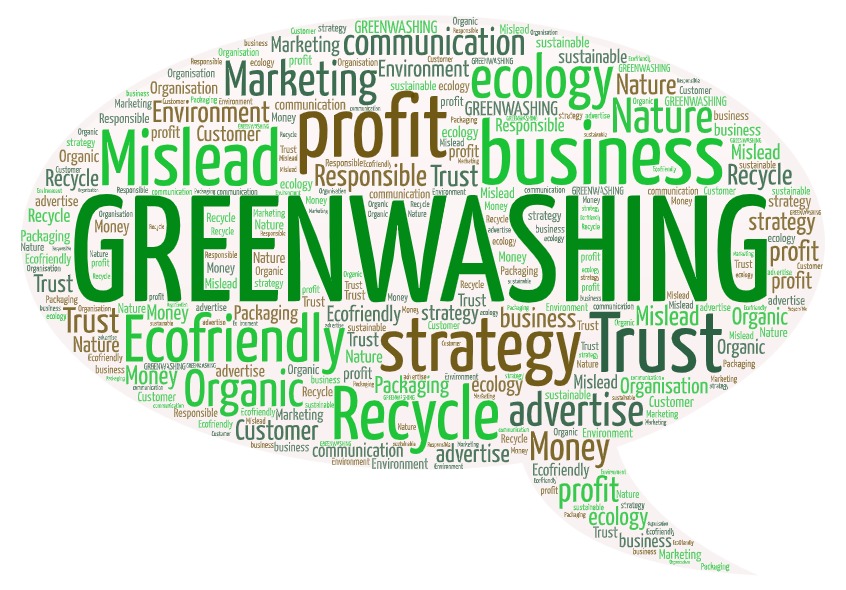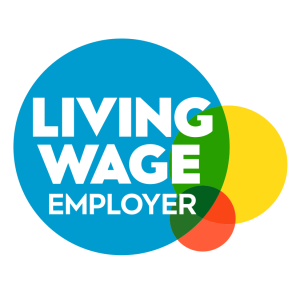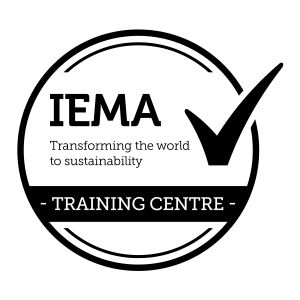
Is this the beginning of the end for “Greenwashing” and are there implications for your Environmental Policy?
For years I’ve been talking about “greenwashing” to people taking ISO 14001 environmental auditing courses. We all know those organisations who make grandiose claims about their super “green” credentials but have nothing to back them up. You know the companies who have environmental policies which makes huge environmental claims about themselves and have no way of meeting what they’ve stated. They’re in competition with you, but have no moral authority and few values. Those companies which make “100% biodegradable” products from “100% recycled materials” or from “sustainable sources”.
The expressions "environmental claims" or "green claims" refer to the practice of suggesting or otherwise creating the impression by marketing, advertising or some other form of commercial communication, that a product or a service, is environmentally friendly, or is less damaging to the environment than other competing goods or services. Such claims can be made for the materials it uses, how it has been manufactured, how it is used and disposed of (i.e., claims can be made at any point across its lifecycle). When claims such as these are made and are not true, or cannot be verified, this is known as "green washing".
Well, it turns out that the European Green Deal has recognised that spurious “green” advertising is not helping them to achieve their aims of making Europe climate neutral by 2050. The EU Green Deal wants companies to develop a standard methodology and the EU Commission is developing a response.
Individual countries are beginning to act independently too. France has just developed legislation which includes definitions of “sustainability” and prohibits the use of other terms such as “environmentally friendly”. There are increasing legal actions in Germany brought by consumer groups and the UK had produced guidance on green claims which are linked to enforcement. The UK Competition and Markets Authority code applies for goods and services to both public and business, and the code covers misleading actions, false claims, true bot deceptive claims, false commitments and more.
It will be great news for everyone to get rid of the “green wash” we’ve all had to put up with for years, however whilst an environmental policy is not specifically included it might be a good time to review your own policy and think can you really back up what you say you are doing, do you have the facts, data and systems behind you and can you prove it?
Cameron McKenna law has a Webinar taking a UK and EU perspective on November 4th 2021:
CMS Webinar | Sustainability Claims and Greenwashing | November 4
Other useful reading links below:
Green claims code: making environmental claims - GOV.UK (www.gov.uk)







